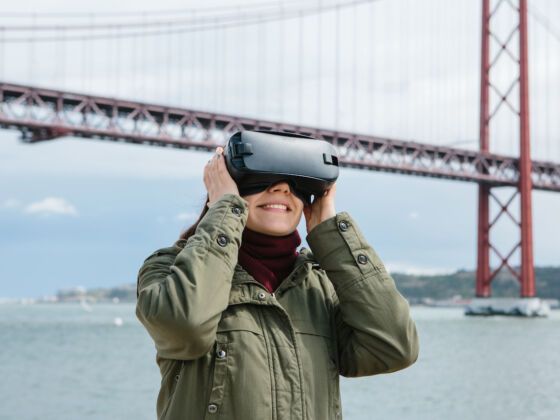Since Halo 3’s long-awaited debut I’ve been living in a virtual reality.
I accompanied my boyfriend to the game’s midnight release and, comparing his passion for video games with my passion for travel, I considered the following question:
“Why would you spend $1000 dollars to sit on a plane for 12 hours when you can spend $50 for a video game and be transported to another world in an instant?”
